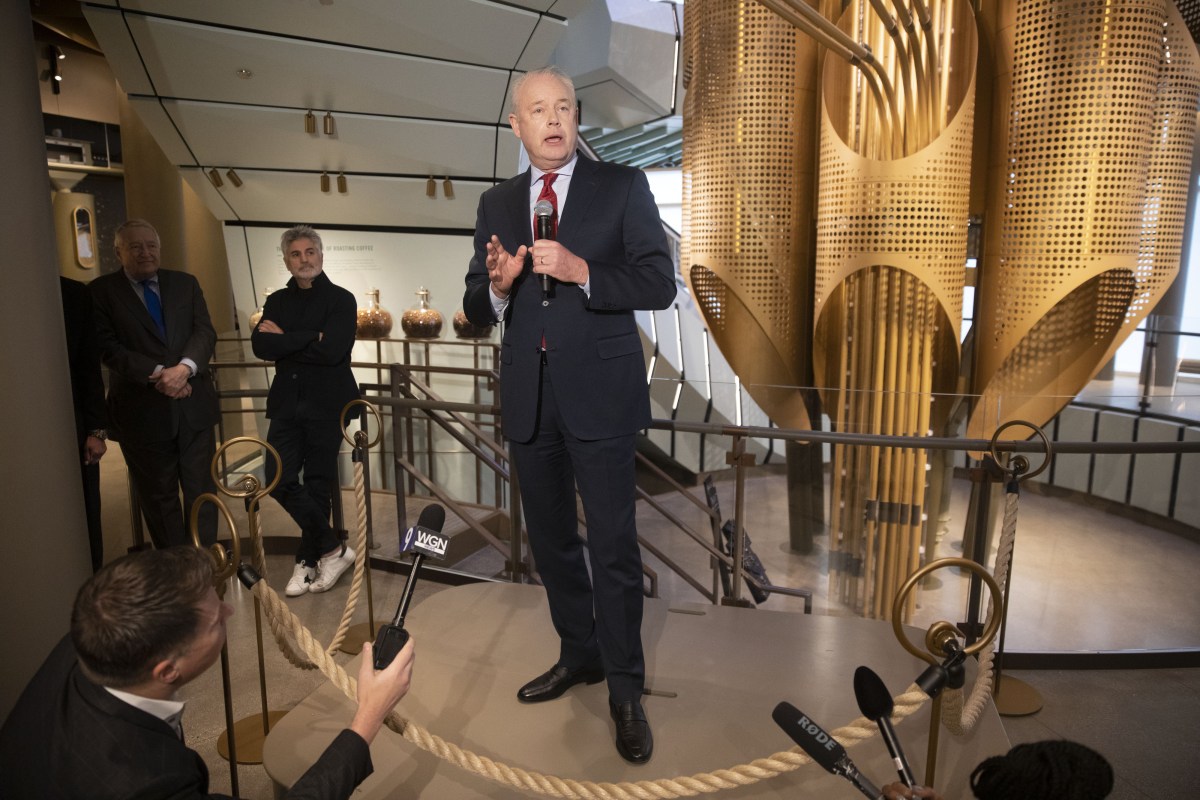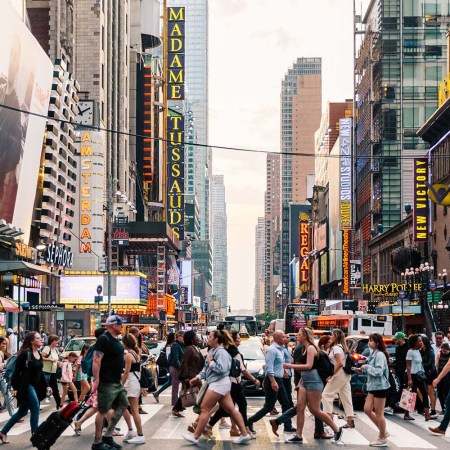The following is an incomplete list of prominent CEOs who have stepped down in 2022:
- Amazon: Dave Clark
- American Airlines: Doug Parker
- Docusign: Dan Springer
- Jupiter Fund Management: Andrew Formica
- Kickstarter: Aziz Hasan
- Pinterest: Ben Silbermann
- RealReal: Julie Wainwright
- Southwest Airlines: Gary Kelly
- Starbucks: Kevin Johnson
- Under Armour: Patrick Frisk
If you choose to dip back just a few months into 2021, that list adds some heavy star power, too — Amazon’s Jeff Bezos, Disney’s Bob Iger and Twitter’s Jack Dorsey all left their posts last year.
What’s driving these departures? According to the many press releases, these C-suite vets are just “ready for a change of scenery.” Some want to take on a new challenge elsewhere, many cite a desire to spend more time with their families and others, like Formica, have openly expressed a desire to sit on a beach and “do nothing.”
But the trend is too pronounced for all of these men and women to have electively chosen within a similar six-month span that the grass might be greener elsewhere. Consider: the number of open executive positions doubled from February 2020 to October 2021. Hundreds of CEOs have stepped down since last fall, settling monthly records in the process.
Should we be surprised? Perhaps not. These departures have coincided with the so-called Great Resignation, a period with one of the highest quit rates in American history. Pandemic-weary workers have spent the last 15 months demanding more from employers — and taking advantage of a strong labor market if they can’t get it. This desire for work-life balance is also being felt at the top. Despite their enormous pay packages, business leaders are dealing with burnout, too, in addition to stock market losses, supply chain complications, an inflation issue that won’t go away and calls within massive corporations for unionization.
It falls to the CEOs to make the decisions that catch the worst press. As Forbes reports, “[They have] to cut costs, downsize staff, enact hiring freezes, rescind job offers and consider cutting salaries. These actions would weigh heavily on the top executives and make their lives considerably more difficult.”
According to a recent Deloitte survey, many of these executives are deciding that they’d rather not have to stick around and make those decisions. They’d rather sit on the sideline for a while, watch their money grow and focus on building their mental health back up. It’s a first-world luxury, there’s no doubt about that, but that doesn’t mean it isn’t a fascinating one for us to document and study. When has corporate royalty ever been so candid about mental health in the workplace? And if they’re acknowledging the effects of extreme stress, what sort of confidence should that instill in the larger, blue-collared workforce?
Look at these stats, courtesy of Deloitte:
- 76% of higher-ups said the pandemic has negatively affected their overall health
- 81% said improving their own equilibrium is more important than advancing their career right now
- 70% said that they seriously might resign for a job that better supports their well-being
While 83% of executives said they planned to expand their company’s well-being benefits in the next year, and 91% said they saw themselves as “caring leaders,” just 56% of workers believe that their bosses actually care about their well-being. Plus, less than 60% of employees rated their own mental health as “excellent” or “good.” This signals a massive disconnect in corner offices all across the country; the executives think the employees are hanging in there okay, and the employees figure the executives just sit around and collect paychecks. In reality, everyone’s exhausted.
It’s a broken system, and one without a simple prescription, as there are too many independent variables that still need time to develop throughout the rest of the year. But if one thing’s for certain, corporations can benefit from codifying practices that encourage work-life balance and mental health. These changes are urgent, and now more than ever, shouldn’t ignore the C-suite. Adopt flexible work schedules — enough with the “back to the office” bull. Ban after-hours emailing, unless vitally necessary for employees who work with overseas clients. Encourage breaks throughout the day and formalize shortened Fridays.
In the end, the departures of 10 CEOs might leave a larger dent in America’s corporate conscience than the resignations of 10 million employees. That’s an unfortunate status quo, but if it means renewed, practical attention to what workers need and deserve (RE: less ping pong tables, more respect for family hours), then that’s a win.
The Charge will help you move better, think clearer and stay in the game longer. Subscribe to our wellness newsletter today.



















